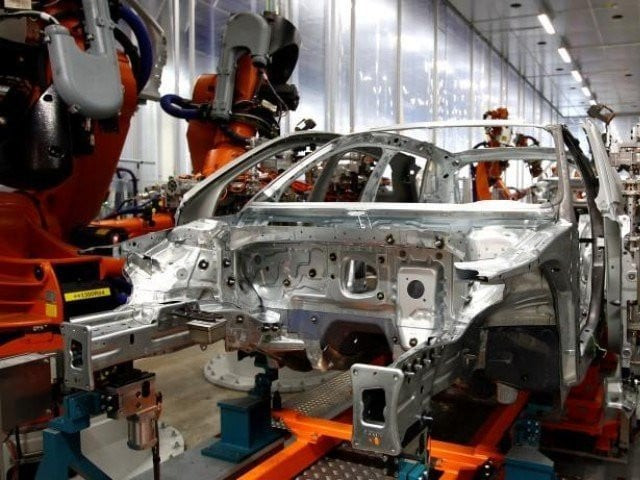Auto parts makers decry new tariff policy
PAAPAM urges phased implementation of National Tariff Policy 202530 to protect local industry, jobs

The Pakistan Association of Auto Parts Manufacturers (PAAPAM) has raised serious concerns over the government's newly announced National Tariff Policy 202530, warning that its implementation could result in the closure of a majority of local auto parts manufacturing firms. The policy, which sets a 15% peak tariff, risks destabilising Pakistan's industrial sector by exposing domestic manufacturers to a flood of low-cost imports.
According to a statement, PAAPAM Chairman Usman Aslam Malik stressed that the auto parts industry has long supported industrial development, employing thousands of skilled workers and contributing to economic stability. However, the abrupt tariff rationalisation may cause the loss of up to 500,000 jobs, severely impacting livelihoods and weakening the country's manufacturing base. The narrow 0%-15% tariff spread allows no room for a cascading tariff structurecrucial for balanced growth. Coupled with high energy tariffs, inefficient labour markets, and complex taxation, the new policy may further erode competitiveness.
PAAPAM also criticised unfair global comparisons, noting that China provided a 13% export rebate on certain products, while Pakistan's duty drawback rate stands at just 2%. This disparity hampers global competitiveness.
Moreover, rising imports due to reduced tariffs may worsen foreign exchange reserves. PAAPAM argues that liberalised trade cannot spur exports unless the domestic market is robust enough to support sustainable expansion.
Given these issues, PAAPAM urged the government to retain the existing tariff structure for one year and adopt any changes only after thorough consultation with stakeholders. A gradual, phased approach would help industries adjust while minimising the risks of sudden tariff cuts.






















COMMENTS
Comments are moderated and generally will be posted if they are on-topic and not abusive.
For more information, please see our Comments FAQ